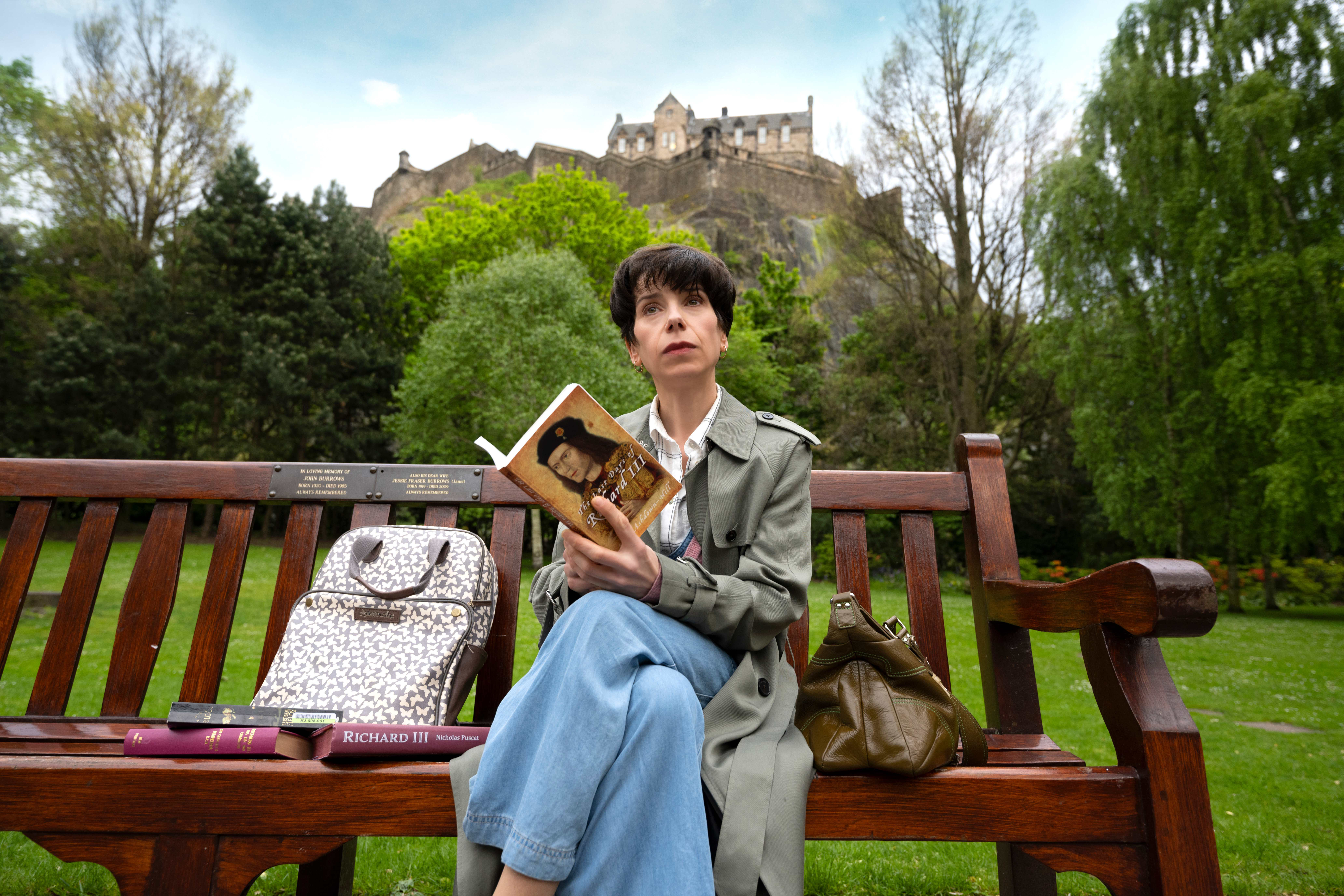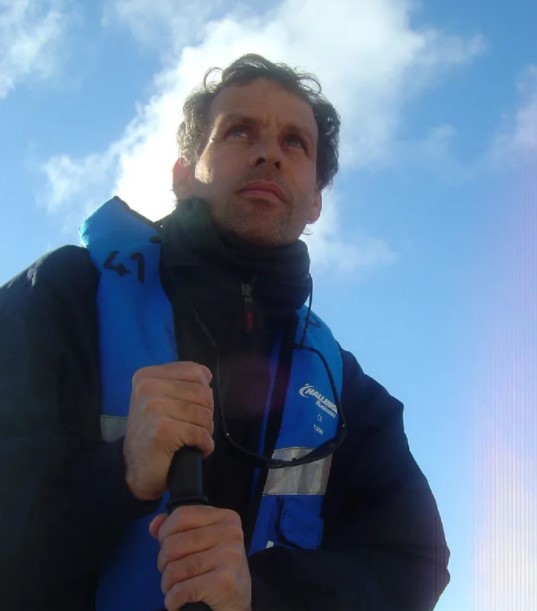What to Watch Verdict
Frears and his collaborators turn Philippa's fascinating, stranger-than-fiction quest into a rousing, feelgood film.
Pros
- +
— Sally Hawkins is excellent.
- +
— Uplifting story.
Cons
- -
— Never quite reaches the heights of Philomena.
The team behind 2013’s BAFTA-winning Philomena are back with another captivating true-story drama that revolves around an unassuming but tenacious woman's dogged search for a lost person. In Philomena the search in question was that of Judi Dench’s elderly Irishwoman for the son she had been forced as an unwed teenage mother to give up for adoption in the 1950s. In The Lost King, the searcher is middle-aged amateur historian Philippa Langley, played with a mix of feistiness and vulnerability by Sally Hawkins, and the subject of her quest lies much further back in history — 15th-century Plantagenet king Richard III.
Director Stephen Frears and co-writers Steve Coogan and Jeff Pope put flesh on the bones of Langley’s remarkable discovery of "the king in the car park", a global news story back in 2012, as you will probably recall; and in the process, they also encourage us to take a fresh look at the vilified figure of Richard himself, remembered by posterity as a hunchbacked usurper thanks to the play by Shakespeare.
"I actually feel quite sorry for him," says Hawkins' Philippa after taking one of her two sons to a performance of Shakespeare’s play near the start of the film. Something about Richard, as embodied by the actor on stage that night (played by Harry Lloyd), strikes a chord with her. Like him, she is a victim of people’s negative assumptions — she suffers from chronic fatigue (ME) and has just been passed over for a promotion at work despite her exemplary record.
Amicably divorced from her husband John (played by Coogan), she pours her frustrations into research into the real Richard III and quickly learns that his image as a villainous usurper is "Tudor propaganda". He was actually, she comes to believe, an energetic reformer who brought stability to England in the turbulent 15th century and introduced the principle of innocence until proven guilty. She also learns that his mortal remains were lost to history following his death at the Battle of Bosworth in 1485 and makes it her mission to track them down.
As they did with Philomena, Frears, Coogan and Pope inject gentle humor into Langley’s quest, and they also give her an unexpected sidekick — an apparition of Richard (also played by Lloyd) that pops up here and there as she pursues her investigations. These take her first to her local Richard III society in Edinburgh, portrayed here as a broadly comic bunch of eccentrics, and eventually to a Social Services car park in Leicester beneath which, she believes, lies Richard’s final resting place. Hawkins' sympathetic performance ensures we are rooting for Philippa all the way, but the filmmakers also give us people to hiss — notably various patronizing academics Philippa encounters and one or two administrators at the University of Leicester, who try to claim most of the credit for her discovery (the university disputes the film’s version of events). She does, however, pick up a few allies along the way, including James Fleet’s supportive historian and Mark Addy’s hard-pressed archaeologist.
By the end, The Lost King doesn’t prove as heart-wrenchingly moving as Philomena, nor as funny, but with composer Alexandre Desplat’s score adding appropriate notes of intrigue and humor, Frears and his collaborators still turn Philippa’s fascinating, stranger-than-fiction quest into a rousing, feelgood film.
The Lost King is released in UK cinemas on Friday 7 October. There's currently no US release date.
A film critic for over 25 years, Jason admits the job can occasionally be glamorous – sitting on a film festival jury in Portugal; hanging out with Baz Luhrmann at the Chateau Marmont; chatting with Sigourney Weaver about The Archers – but he mostly spends his time in darkened rooms watching films. He’s also written theatre and opera reviews, two guide books on Rome, and competed in a race for Yachting World, whose great wheeze it was to send a seasick film critic to write about his time on the ocean waves. But Jason is happiest on dry land with a classic screwball comedy or Hitchcock thriller.












